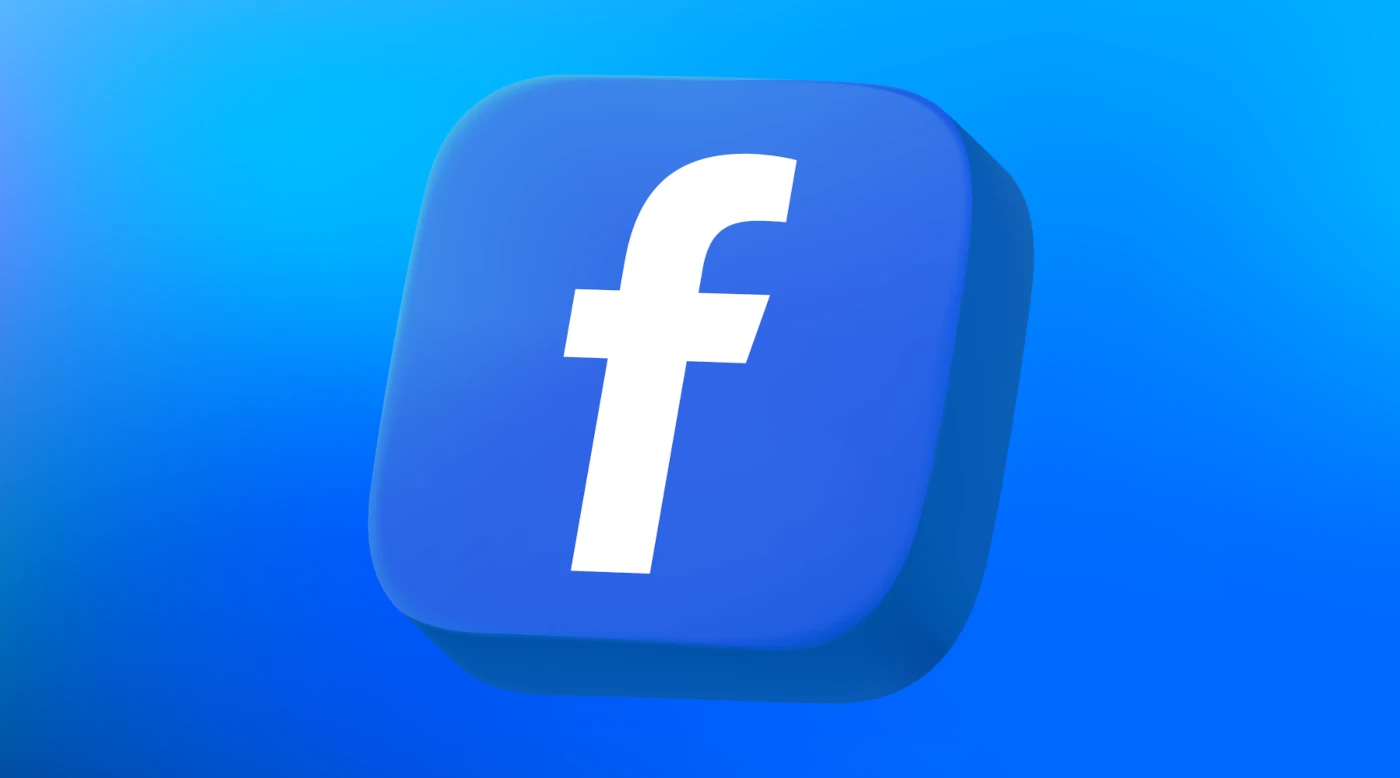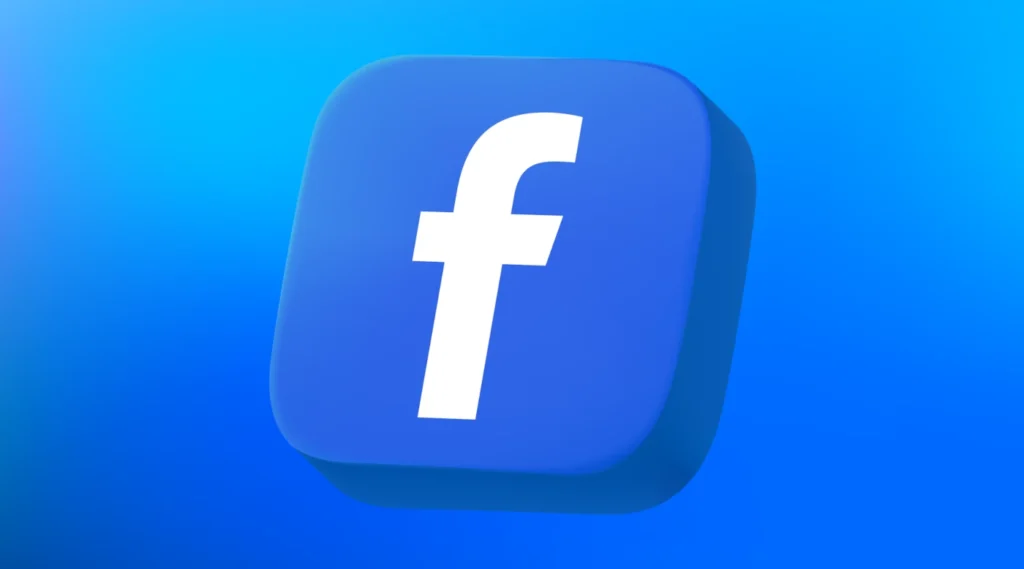
In the U.S. Facebook is but a single destination among the vast expanses of the Internet; However, this connected reality we experience looks very different from some of the world’s largest emerging markets. India for example boasts Facebook’s second largest market, and is on pace to become the undisputed leader as soon as the end of 2014! That means a rapidly growing user base of well over 100 million, which sounds impressive, until you consider that this number barely scratches the surface, representing only 8% of the country’s population.
It is easy to see why there is an increased focus on these emerging markets, but many hurdles for marketers still exist. Accessibility is one of the single biggest problems. An astonishing 84% of Indian users connect to Facebook mostly or entirely via mobile devices, making their Facebook experience vastly different from ours. 
I realize this doesn’t seem very odd at first, as there is a good chance you’re reading this very post by way of Facebook, right on your smartphone. What if you didn’t have an iPhone 5 (or comparable Android, I’m an LG G3 owner myself, so no need to claim bias)? Instead, imagine you own a $40 feature phone, where even texting a photo was a highly inefficient process thanks to the 2G networks you have access to. Would you even bother attempting to pull up Facebook? Well, this is the experience most India users must contend with.
With these challenges in mind, Facebook has created a rudimentary experience for feature phone owners, featuring stripped down functionality: no videos, no way of knowing which friends are online, etc… Facebook has also adapted to the extremely price sensitive data market, offering carriers access to the platform for 1 Rupee a day. 3 month free trials also created incredible spikes in usage.
Which bring us to the question: could Facebook become the de-facto Internet for these emerging markets? If your sole online experience is achieved through your a Facebook app, how would that affect your perception of what the “Internet” is and how you use it? Would your online experience be considered a utility, or merely a social exercise?
There is no doubt Facebook is in a prime position to influence the rapid adoption of Internet usage in emerging markets like India. Yet many questions remain concerning how this introduction to a connected reality will change these marketplaces, and how usage will differ from what the Western world is accustomed to. Perhaps we will begin to see an entirely new perspective in regards to what the Internet is, how it should be used, and how best to reach these new consumers.

